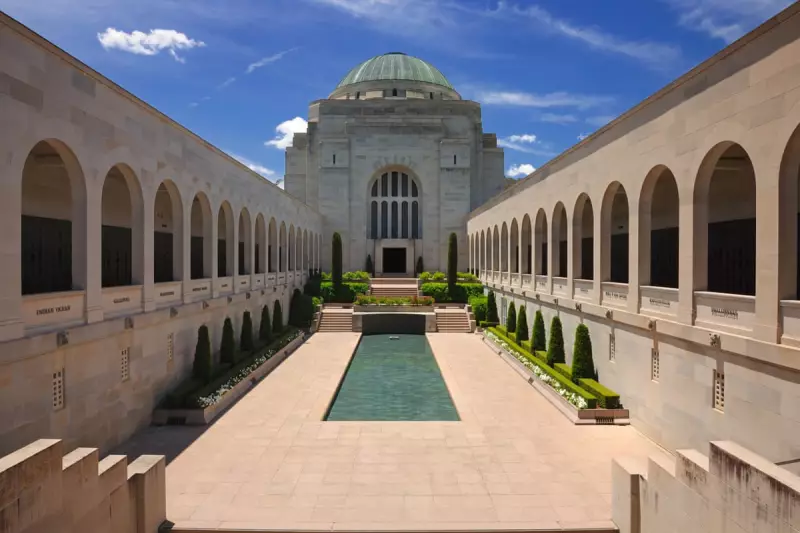
The Australian War Memorial has found itself at the centre of a fierce public storm, abruptly postponing one of its most prestigious literary awards. The decision comes after an independent judging panel selected a book detailing the career of Ben Roberts-Smith, the former SAS corporal found by a civil court to have committed war crimes in Afghanistan.
The $20,000 prize, intended to honour the year's most significant contribution to Australian military history, has been indefinitely deferred following the controversial choice. Memorial chairman Kim Beazley confirmed the move, stating the council was not consulted prior to the panel's decision and needed time to consider the situation.
A Clash of Reputations and Records
At the heart of the controversy lies the figure of Ben Roberts-Smith VC. Once hailed as a national hero and a recipient of the Victoria Cross, his reputation was left in tatters after a landmark federal court ruling. The judge found it was substantially true that Roberts-Smith had committed war crimes, including the murder of unarmed prisoners, and had engaged in brutal acts of bullying within the SAS ranks.
The book in question, while reportedly critical in parts, was deemed by the judging panel to be a serious and scholarly work of history. However, critics argue that awarding any prize to a book centred on Roberts-Smith is a profound misstep. They contend it risks legitimising a figure whose actions are now synonymous with a dark chapter in Australia's military legacy.
Institutional Integrity Under Scrutiny
The Memorial's swift action to defer the prize highlights the immense pressure it faces to uphold its integrity and public standing. Director Matt Anderson emphasised the institution's commitment to presenting a "truthful and credible account of Australia's military history," a mission that appears to be in direct conflict with the panel's selection.
This incident raises deeper questions about how a nation's official institutions should navigate and commemorate complex, morally fraught history. The Memorial, a sacred site of national remembrance, now must balance its support for historical scholarship with its duty to reflect contemporary judicial and ethical standards.
The postponement leaves the literary and historical communities in a state of limbo, awaiting the council's final decision on the fate of this year's prize.





